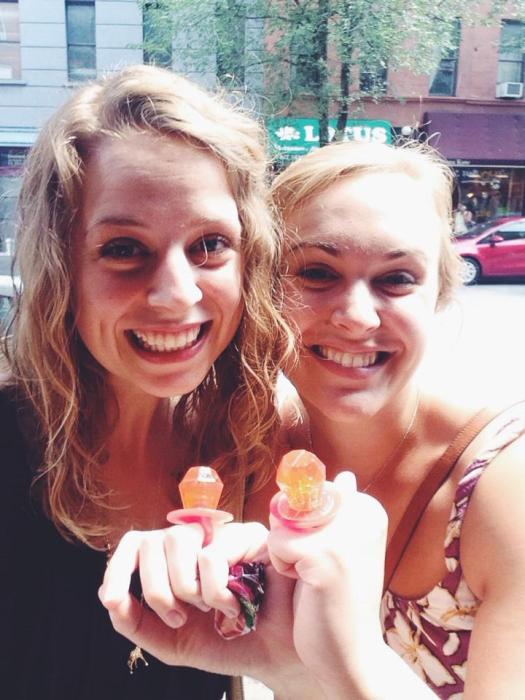I haven’t sat down to write in I don’t know how long. My journal is a picture that seems to say my life is empty and not worth documenting. My blog is a snapshot of nothingness.
We had this idea to do “LoDe” (Local December Writing Month) because we thought there’d be time during the holidays to write that whatever-we’ve-been-meaning-to-write.
Nope.
Two more grad school classes down, and I’m feeling a little closer to the goal. I wrote a unit on The Odyssey because somehow I graduated with a B.A. in English and never once read it in class. I read it on my own sometime in high school, but I’ve gotta say: Classical literature is not really my jam. It’s so verbose. It’s so formulaic.
I do love the mythology, though. And I love the themes. I’m hoping on this second read-through I’ll be more appreciative of the artistry that went into crafting this epic.
I wrote a unit on it so I’d be better at teaching it, because if there’s one thing students pick up on right away, it’s if you love your subject or not.
We’re singing Veni, Veni in Latin since it’s the last week before break. We talk about the difference between Classical Latin and Ecclesiastical Latin, how Classical Latin is what was spoken during the Roman Empire and Ecclesiastical Latin is what developed during the medieval period and what was (is) used by the Catholic Church. Then, we attempt to sing, with a little processional thrown in for good measure.
There’s such a disconnect between middle school and high school when it comes to singing; my high schoolers look like I’m asking them to chop their arms off when really all I want is a little melody. I always show this video because I love the harmonies and the beautiful vowels and the hilarious way the men contort their faces to make these beautiful vowels.
We finished up our voice lessons for the semester. Two of my voice students sang in the recital, and all six of them sang in the Christmas concerts. I told them I’d better see them open their mouths on the high notes. We still have some “fig-leaf” positions to address, but overall, I was pleased.
My ivy plant still hasn’t died.
I’ve consumed a decent number of cookies this week.
I’ve attended two Christmas concerts and one middle school play in four days.
I realized — last night, in the middle of the Upper School Christmas concert — that I was so out of it, I didn’t even KNOW I hadn’t bought Christmas presents. Wait. I’m supposed to be doing this. Or at least, I’m supposed to be upset that I’m not yet doing this.
I have three Christmas gifts.
I have a lot more people.
Phone calls with distant friends and letters from Philly and an island in Maine help to hide the fact that we’re far away and spread thin.
I ran into my dear friend I haven’t seen since July, and suddenly her baby is five months old and the most beautiful baby I’ve ever seen. Suddenly, time has passed and I haven’t changed much but look at this little human.
Every day in December, I have kept my promise to read the Advent devotional from the local seminary. Haven’t missed a day, and that’s rare around these parts. Granted, they’re short. One step at a time.
I’m still working on my dad’s sweater. Yep. The same one I started last fall. It’s like I can’t finish a project in under a year. In my defense, it is a sweater that will fit my dad, not an infant. And it is hunter green covered in cables.
So, that’s what’s been going on in my neck of the woods. As friends busy about applying for grad school, raising babies, settling into newlywed life, teaching various subjects, I find myself orbiting my little sector, hoping soon to slow down enough to create what I feel bubbling.




















